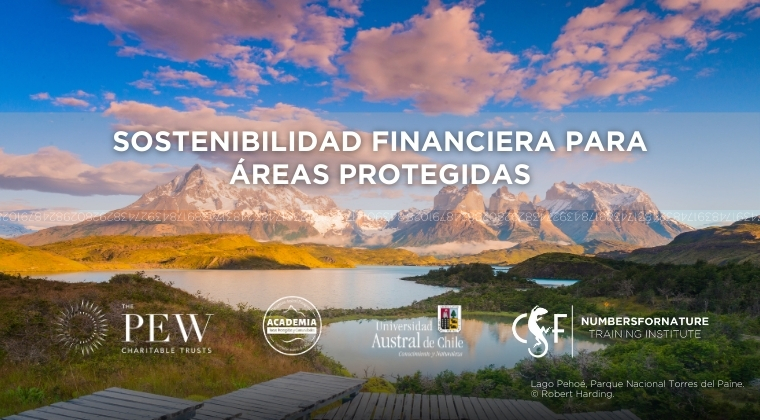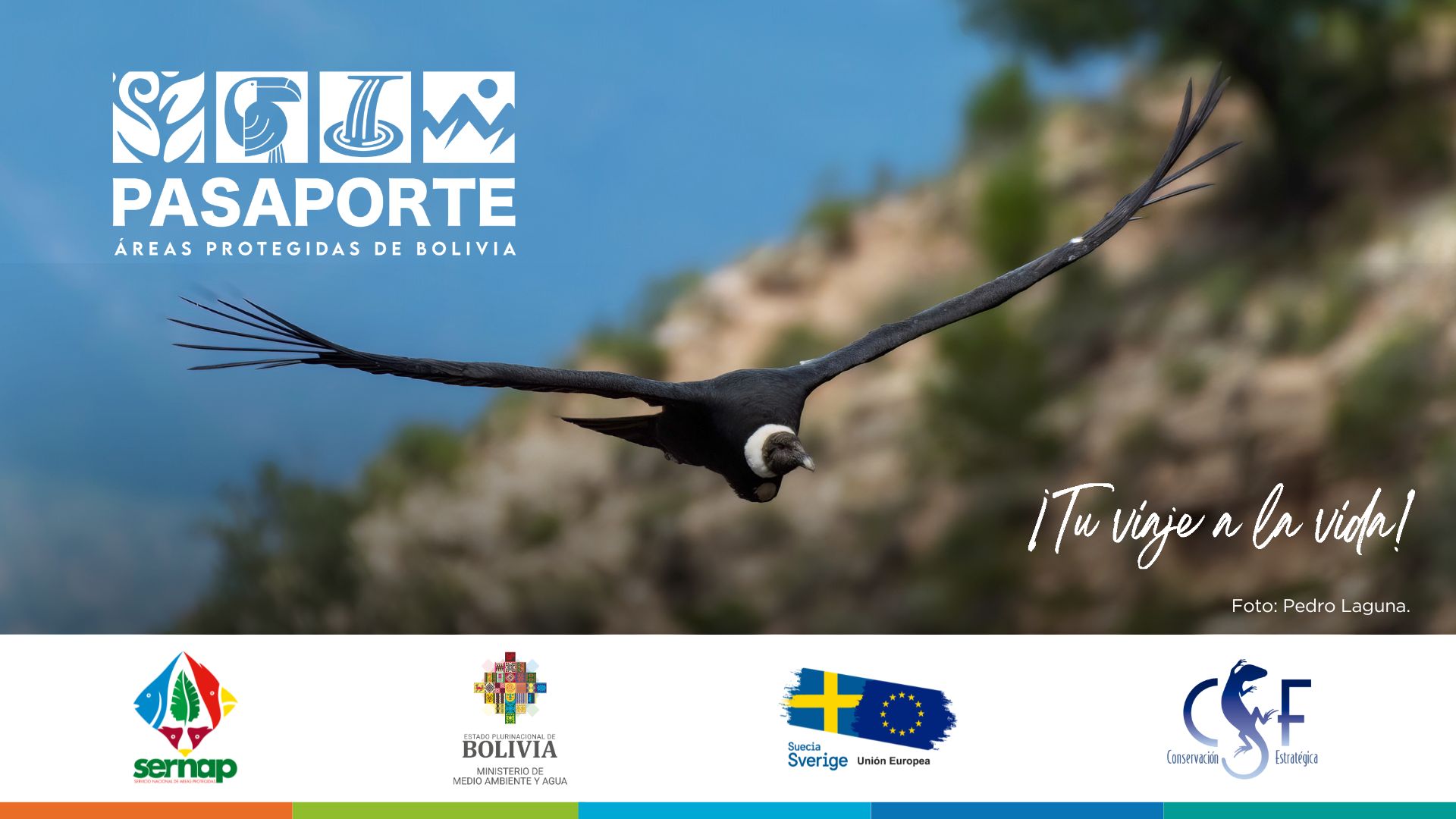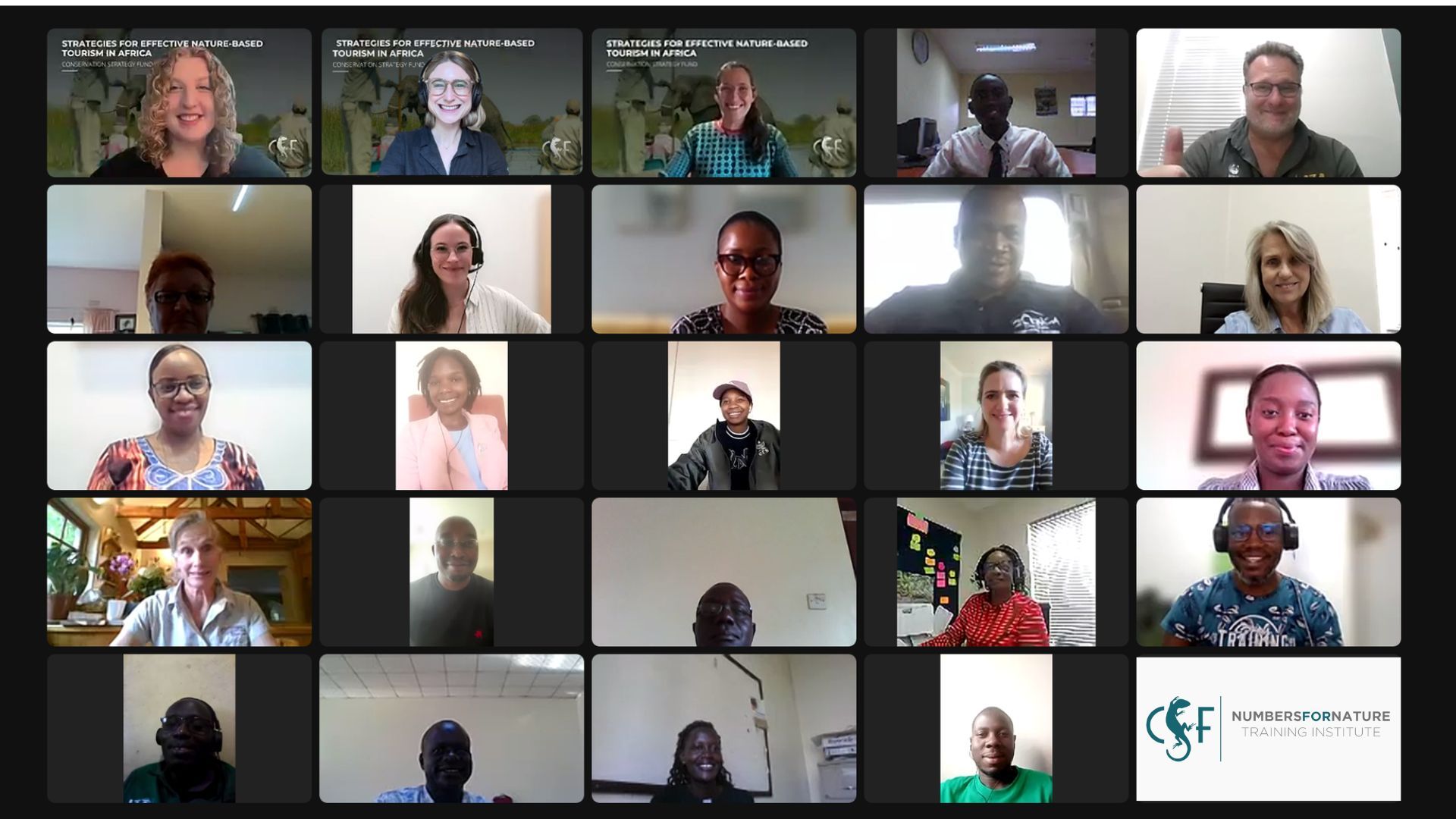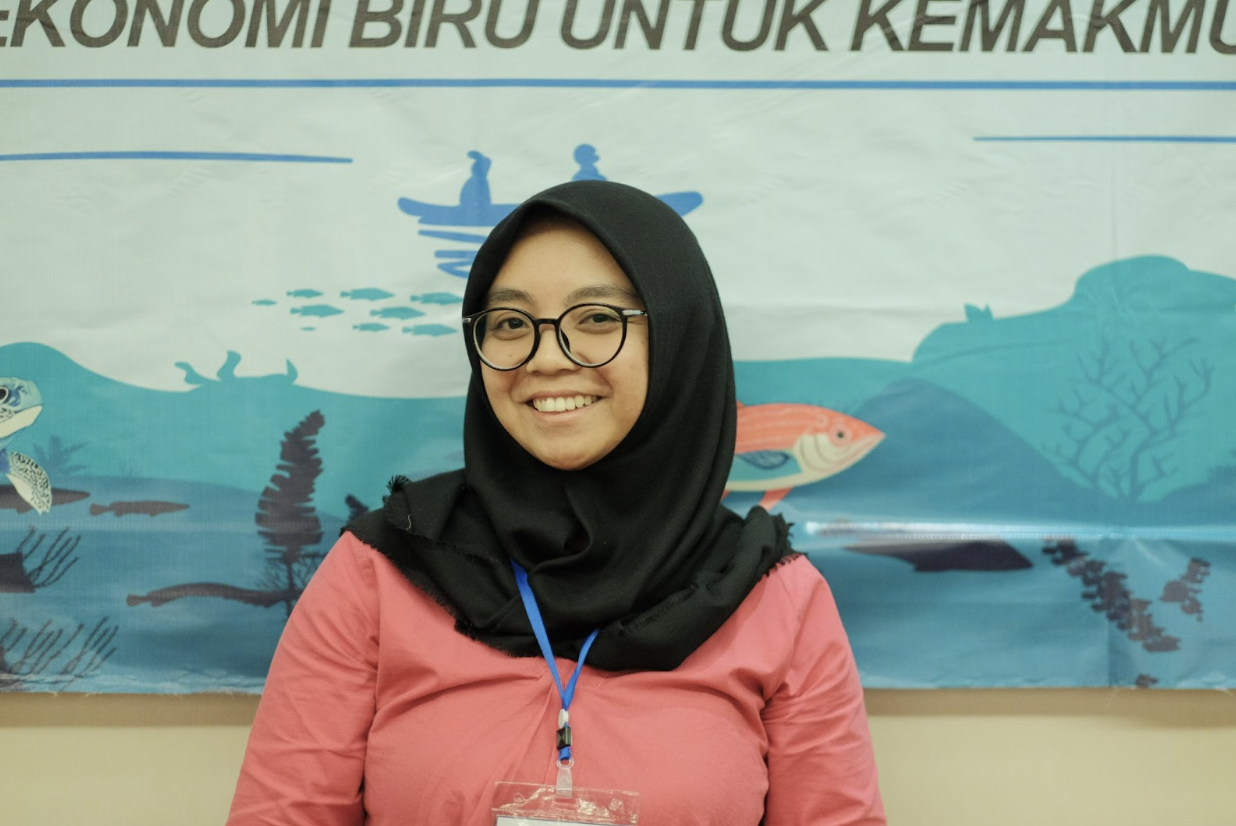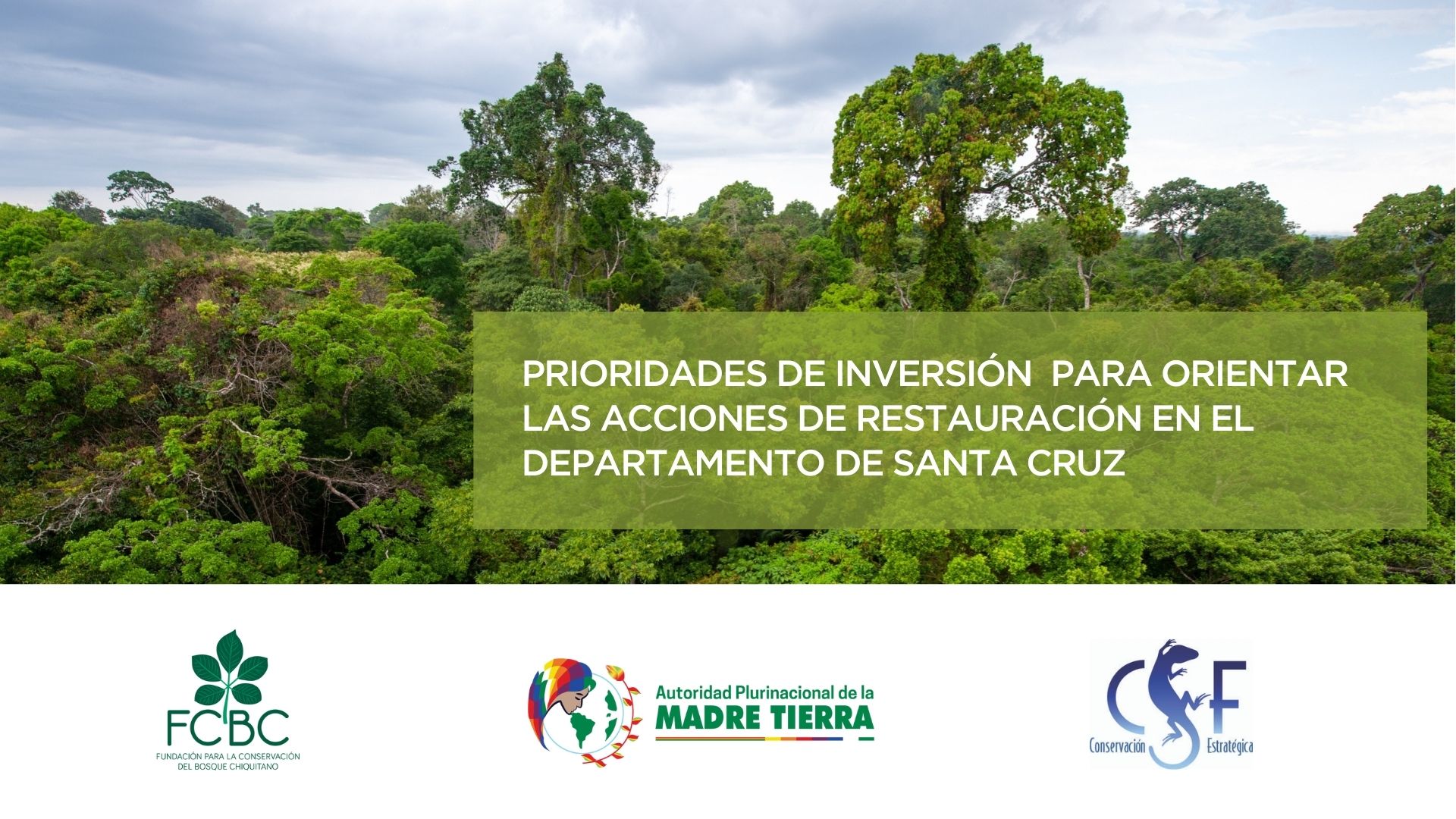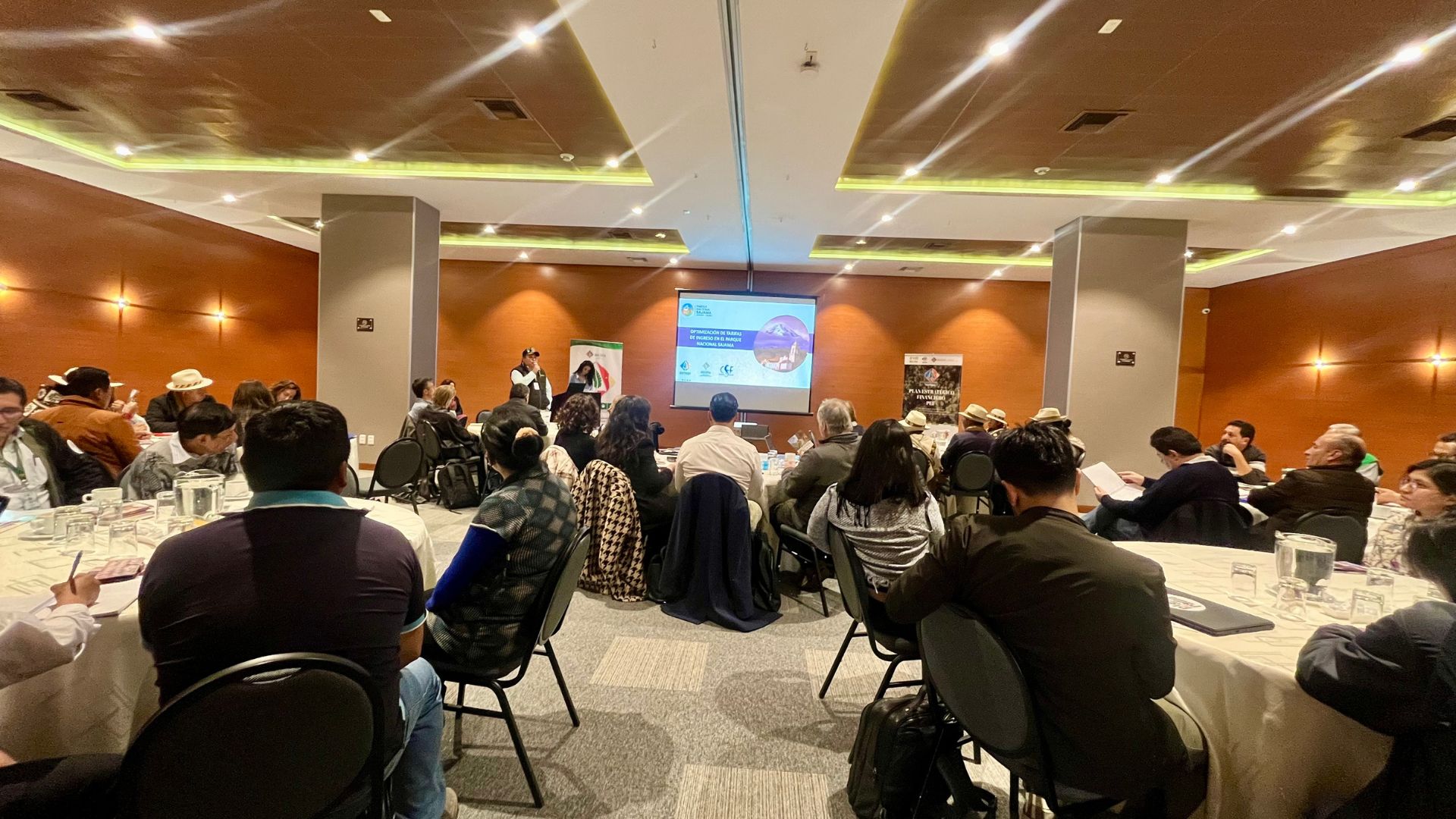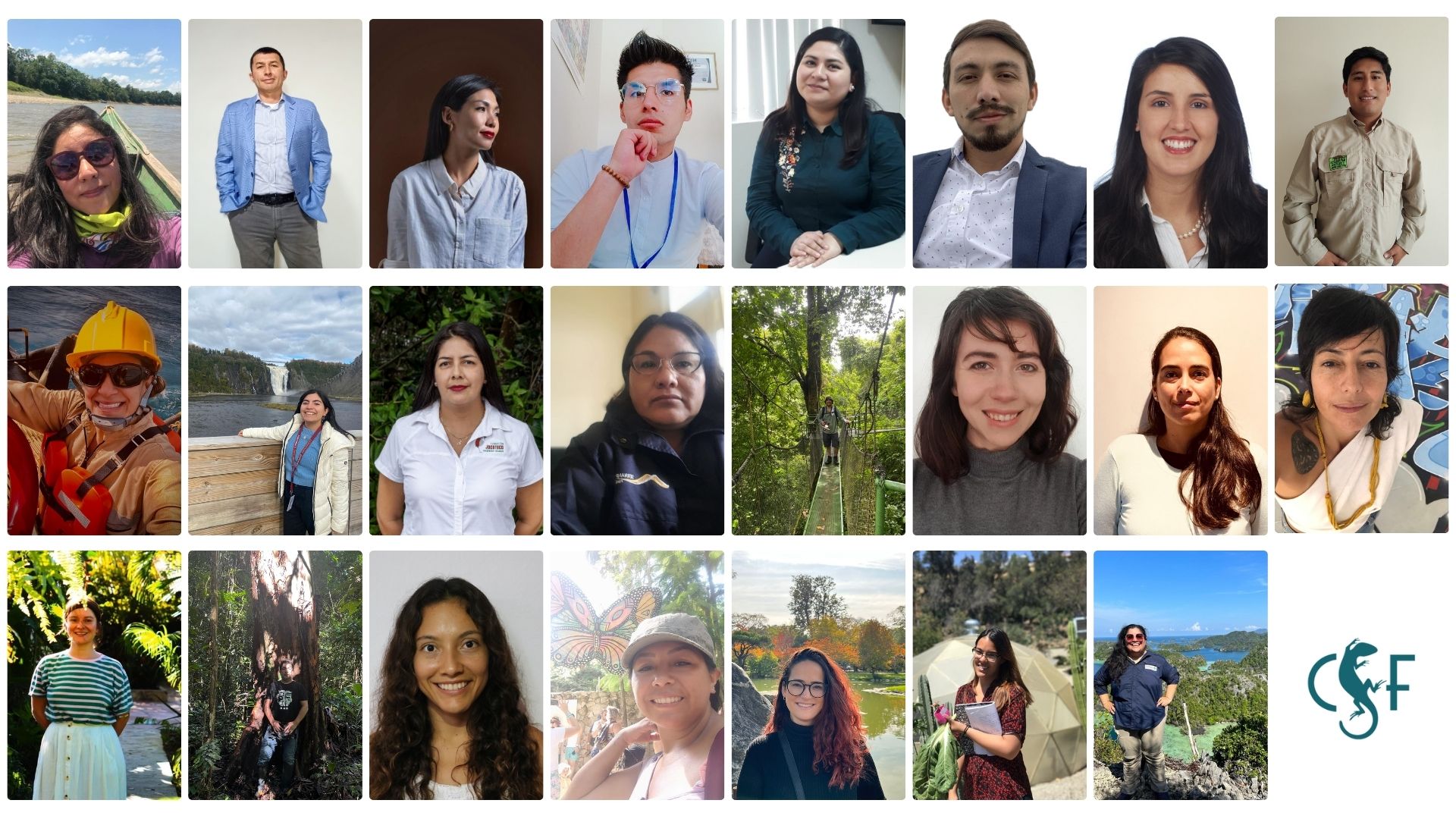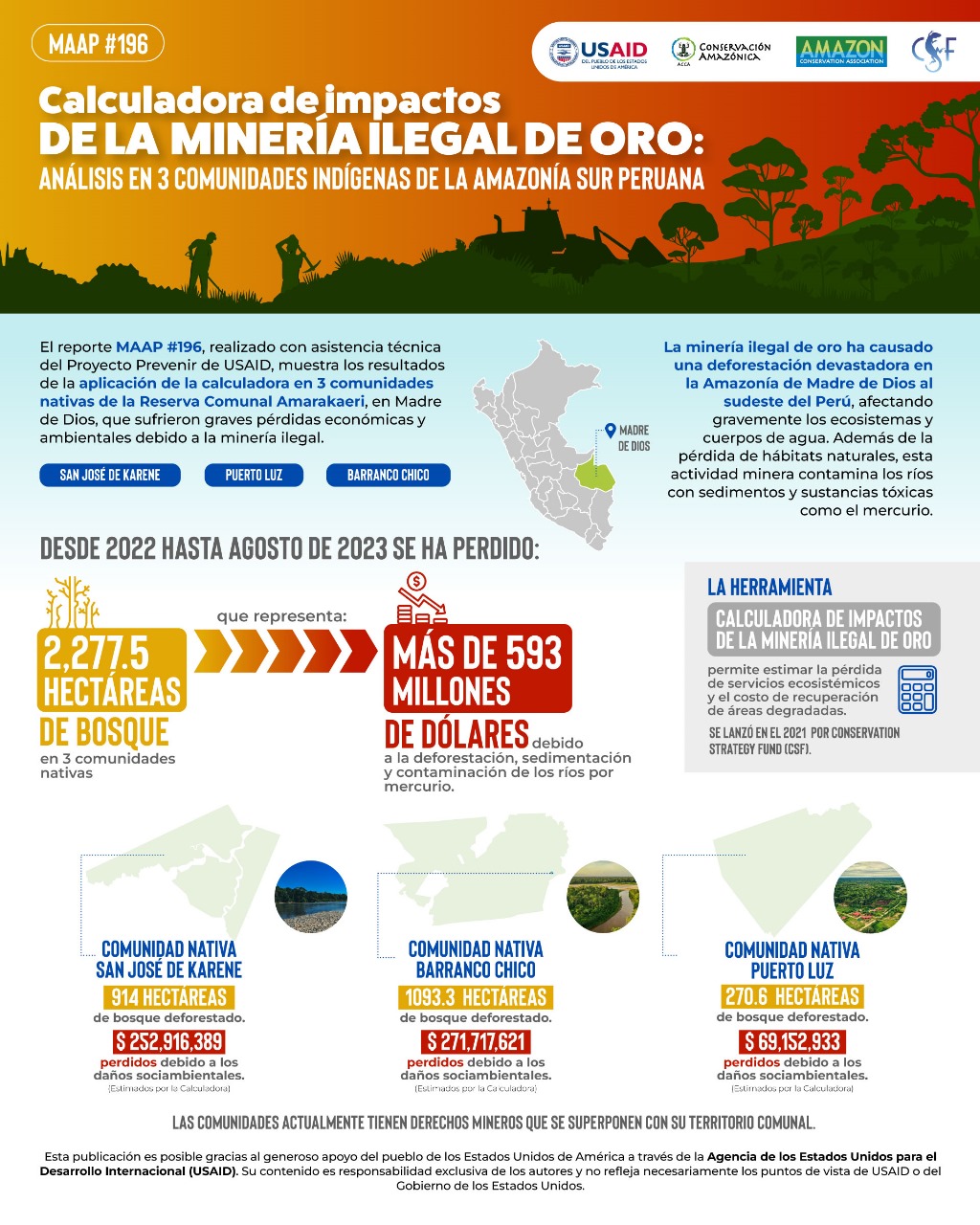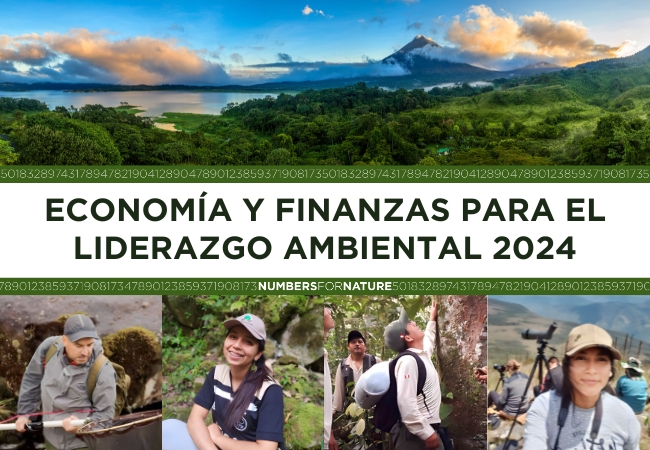News
Iniciamos un nuevo curso de “Sostenibilidad Financiera de Áreas Protegidas”
The Passport for Conservation invites you to explore our National Protected Areas with unlimited access for one year. By purchasing it, you will not only have the opportunity to discover breathtaking landscapes and invaluable biodiversity, but you will also be contributing directly to the conservation of these essential spaces.
Course participants from CSF's "Strategies for Effective Nature-Based Tourism" represented 21 organizations from 9 African countries.
Since we launched our programs in Indonesia in 2015, demand continues to grow for CSF’s unique approach to training and capacity building.
CSF was present at the “Workshop to present the proposed indicators in the forestry sector to measure progress in Bolivia's NDC”.
Last Friday, July 12, in the city of La Paz, the Autoridad Plurinacional de la Madre Tierra (APMT) organized the workshop on the Presentation of Proposed Indicators in the Forestry Sector to Measure Progress in Bolivia's Nationally Determined Contribution (NDC).
Las áreas protegidas desempeñan un papel fundamental en la conservación de la biodiversidad, la protección de los bosques y la provisión de funciones ambientales esenciales para las comunidades locales y la población boliviana en general. Sin embargo, gestionar estos espacios únicos y diversos puede ser una tarea ardua que, a menudo, requiere soluciones financieras innovadoras.
Conservation Strategy Fund (CSF) is pleased to announce the successful completion of the second version of the “Economics and Finance for Environmental Leadership” course, developed entirely online and in Spanish.
Call for Applications
Training of Trainers (ToT)
Bandung, 5 - 9 August 2024
YAYASAN STRATEGI KONSERVASI INDONESIA / CSF INDONESIA
This report shows the results of the application of the CFS's Mining Impacts Calculator in recent (2022 and 2023) illegal mining areas within 3 native communities, all located in the buffer zone of the Amarakaeri Communal Reserve in southern Peru. This is an effort to show from a comprehensive perspective (economic and environmental) the implications of deforestation due to illegal mining in the Peruvian Amazon.
On April 1st, we commenced the second edition, exclusively in Spanish and 100% online, of our esteemed course 'Economics and Finance for Environmental Leadership' on our Spanish online training platform, Numbers for Nature Institute. This course is a unique opportunity for Latin American professionals, offering them economic tools with direct applicability in the field of nature conservation.

